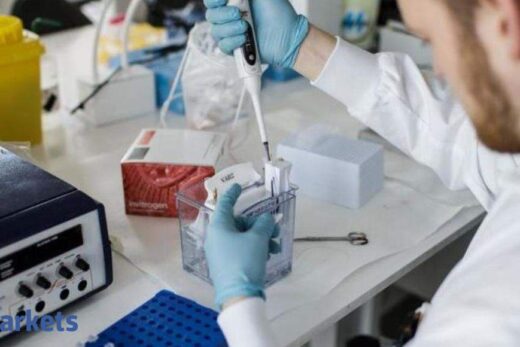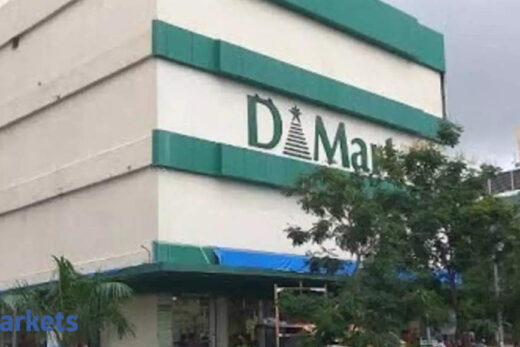U.S. shoppers are gearing up for Black Friday, while investors will scan inflation data and Fed minutes to get hints of the impact of price pressures on interest rates. And how far do Kiwi prices fly?
1. BLOWS HOT AND COLD
Relations between Russia and the West have been at their most frost-proof since the Cold War for a while – but could they get hot? Russia’s Vladimir Putin says the West is not listening to “red lines” and warns against deploying NATO infrastructure in Ukraine. Russian troop movements at Ukraine’s borders have prompted NATO to warn that it was standing by Kiev.
Prices for Ukrainian bonds have fallen, Moscow markets are waking up to new risk, Poland and Hungary have seen currencies and equities fall sharply. But much of the conflict is taking place in the natural gas markets, where a price increase of 350% this year will stimulate inflation and hurt growth.
Markets are also on guard against tensions flaring up around Russia’s $ 11 billion Nordstream 2 pipeline, opposed by the US and Ukraine, backed by Germany. A suspension of the certification eased Russian gas flows to Europe, pushing prices back towards 100 euros per megawatt hour.
2. Uneven BREAKEVENCE
The minutes of the Federal Reserve’s meeting in November on Wednesday should give clues about its position on inflation.
US consumer prices, which rose at the fastest pace in more than three decades in October, and accelerating inflation expectations have raised expectations that the Fed will have to accelerate the downsizing of asset purchases and raise interest rates faster than expected.
The 5-year and 10-year breakeven yields – the yield spread between inflation-protected and normal government bonds – are at record highs. More feed comes from Wednesday’s reading of the October price index for personal consumption (PCE) – the Fed’s favorite inflation gauge – is expected to rise to 0.4% according to a Reuters poll.
3. RETAIL RODEO
Black Friday kicks off the most important shopping period for the Christmas holidays, and news has mostly been good for retailers in recent months, as a U.S. reopening with the vaccine has sent customers back to the stores.
This has been reflected in retail stocks: the S&P 500 retail exchange traded fund (XRT.P) has risen 15% this quarter compared to a 9% increase for the S&P 500. Consumer discretionary growth – including many retailers – has risen to 14.5% from 8% in early October, Refinitive data show.
But bottlenecks in global supply chains, which are shrinking stocks and pushing up prices, remain a concern: Walmart shares (WMT.N) fell after high labor and supply chain costs eroded margins.
Rising inflation is also causing markets to worry about consumers tightening their belts. But the latest numbers for retail sales made it easier to read, showing that sales rose in October as Americans began shopping early to overcome supply shortages.
4. GROWTH VS COVID
The Flash Purchasing Managers’ Index for November (PMI), an important forward-looking economic indicator, comes from a wide range of major economies in the coming days – the US, Australia, the UK and the euro area.
Market focus is on the impact of price pressure and supply bottlenecks on business activity, and whether these decrease. The euro area PMIs, which have held up well, could give a sense of what toll a resurgent COVID-19 is taking.
Germany’s Angela Merkel warns that the coronavirus situation in the powerhouse economy is dramatic, the Netherlands is partially locked in and pressure is mounting on Austria to do more. But vaccine rollout and the reassuring – and powerful – presence of ECB stimulation alleviate some of these concerns.
5. A NOT SO FLYLESS KIWI
The Reserve Bank of New Zealand is expected to move deeper into the vanguard of inflation fighters on Wednesday, delivering another rate hike in as many months.
Since October, when RBNZ joined Norway as the first migrants of developed markets, inflation has risen to a decade high and unemployment has fallen to record lows.
Traders are confident that interest rates will rise, and are focused on two hawkish risks: An approx. 40% chance that the increase is a chunky 50 bps and the bank lifts its long-term interest rate outlook. ,
Both could lift the kiwi higher, though both pose risks to local borrowers, who have already been pressured by the fastest rate hikes in 15 years.



